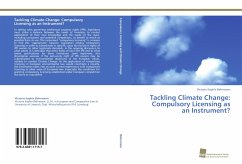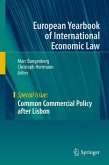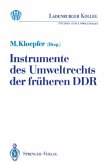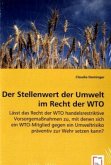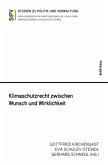In setting rules governing intellectual property rights (IPR), legislators must strike a balance between the needs of inventors to control exploitation of their new knowledge and the needs of the users, including consumers and potential competitors, to benefit as much as possible from its use. The instrument "compulsory licensing" is a means to find this "appropriate" balance. Legislators employ compulsory licensing in order to subordinate in specific cases the exclusive rights of IPR owners to other legitimate demands. In the ongoing discussion to what extent it is desirable that other fields of law limit IPR and to what extent justifications for these limitations seem legitimate, this dissertation assesses if the exclusivity right of IPR owners may be subordinated to environmental objectives of the European Union, notably to combat Climate Change. As the application of compulsory licensing in European environmental law would constitute a novelty, the dissertation takes into account current experiences with compulsory licensing in other areas of European law. Especially the conditions for granting compulsory licensing established under European competition law serve as a guideline
Bitte wählen Sie Ihr Anliegen aus.
Rechnungen
Retourenschein anfordern
Bestellstatus
Storno

